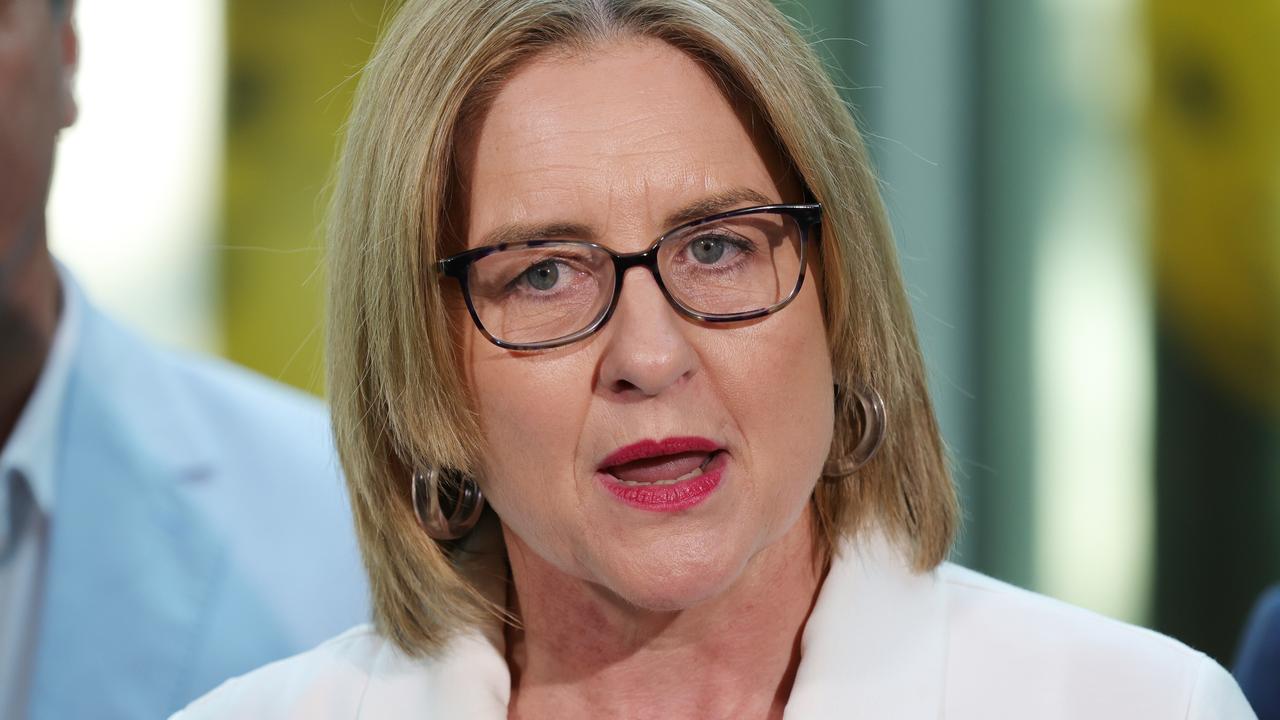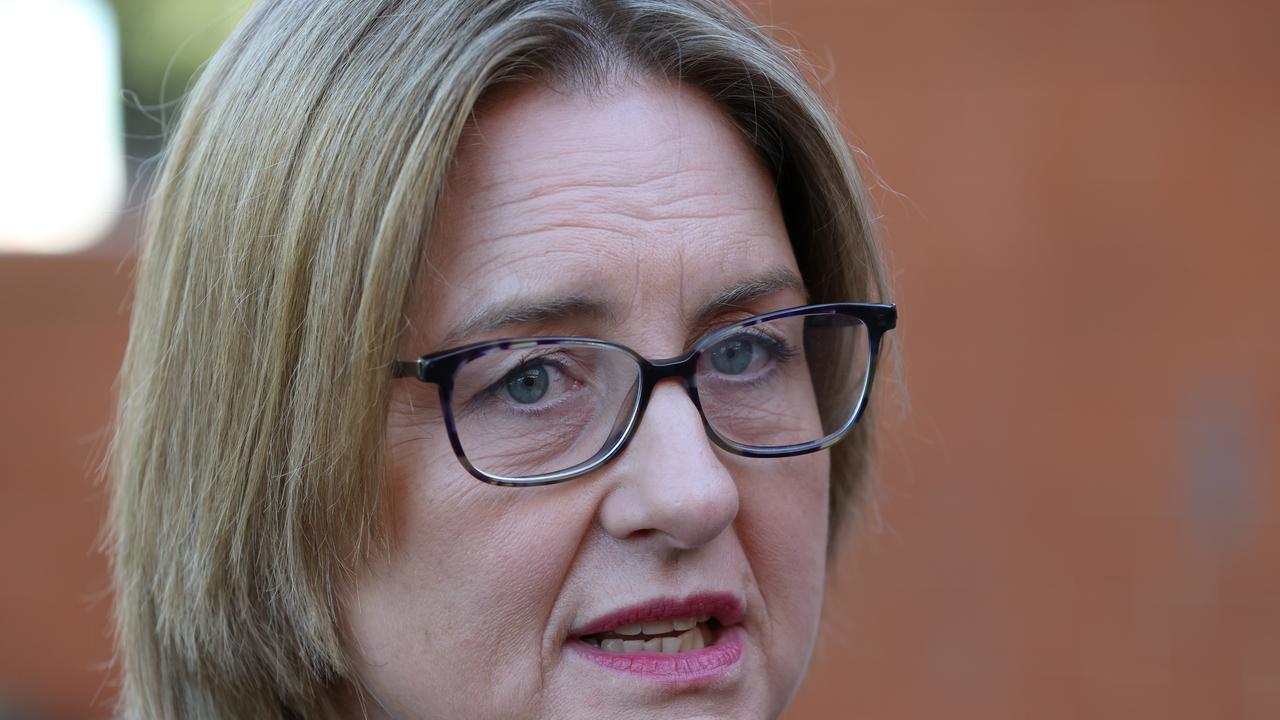Supermarkets shape what Aussies eat, so do more: Deakin report
A new report has found supermarkets could be doing more to improve the health of Australians, including banning unhealthy items near registers and limiting price promotions on junk food.

Victoria
Don't miss out on the headlines from Victoria. Followed categories will be added to My News.
Major supermarkets have been urged to make healthy foods cheaper and limit price promotions on junk foods to help improve the health of Australians.
These are among a raft of recommendations from a new Deakin University report on supermarket practices that also calls for them to take “much more substantial action” because they are not doing enough to improve population diets.
The 2024 Inside Our Supermarkets report released on Monday found while Australia’s major four had taken steps to address health and nutrition over the last five years, these still fell “far short of global best practice”.
Lead author Professor Gary Sacks says check-outs across Australia remain full of chocolates and sugary drinks, end of aisles with half-priced chips and catalogues dominated by unhealthy junk food.
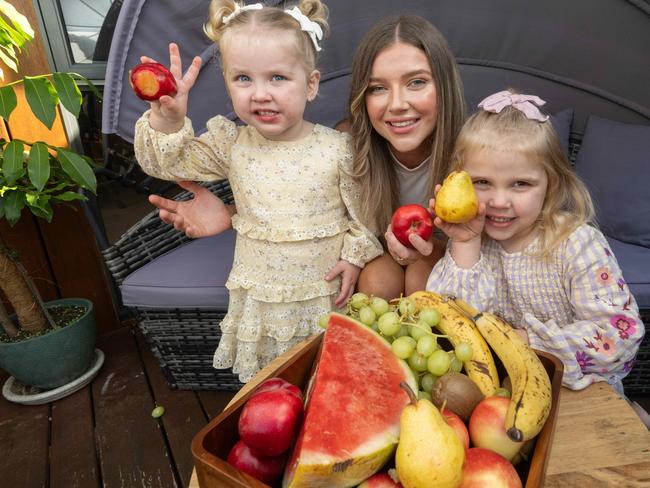
The report’s recommendations for the supermarkets in its assessment – Woolworths, Aldi, Coles and IGA – include:
HEALTHY food sales targets with a publicly available annual report on progress;
NO unhealthy products on display near registers in all stores;
STOP using cartoon characters and games to appeal to children on unhealthy products and brands;
IN-STORE guides for consumers to buy healthier products such as displaying clear Health Star Ratings.

The report was prepared by Deakin University’s Global Centre for Preventive Health and Nutrition which is part of the Institute for Health Transformation.
Released on Monday, it found there had been areas of good progress since its last report in 2018. These included that three in four had pledged better product formulation on own-brand products and all four committed to better nutrition labelling.
However, the report flagged that most had limited policies and practices dedicated to improving the affordability of healthy foods.
“The UK has already legislated for healthy check-outs and is set to ban junk food promotions,” Prof Sacks said. “It shows that if supermarkets don’t take action, the government can.”
He said the federal government has a feasibility study underway looking at options to limit unhealthy food marketing to children.
“As part of that it will look at how supermarkets market to children so that opens the door to policy changes,” Prof Sacks said.
“It is very clear that the self-regulatory schemes are not working, our kids are bombarded with junk food ads wherever they go.
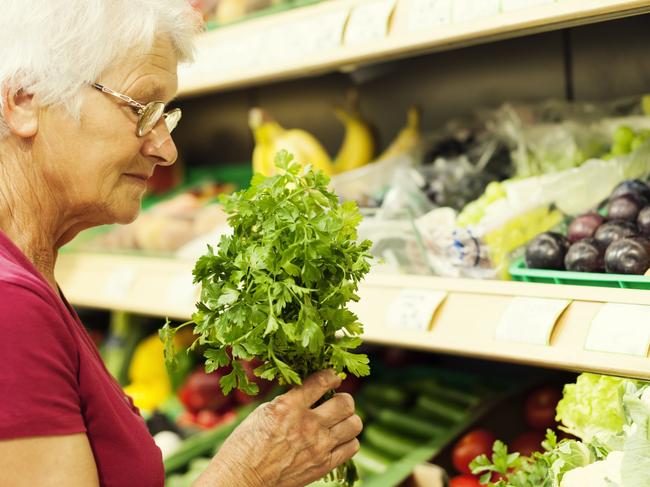
“Other countries recognise that food industry ‘promises’ to reduce junk food ads are not working, and so they are putting legislative bans in place to make it law. It is only a matter of time before that happens here.”
Prof Sacks said the unique report aimed to recognise good practice, highlight areas for improvement and advocate for progress so that supermarkets can better contribute to improving population health.
“Supermarkets do have a lot of power and influence, so if they are serious about making their shops healthier places they could put more pressure on manufacturers to up their game,” he said.
They could also, he said, make healthier foods more affordable.
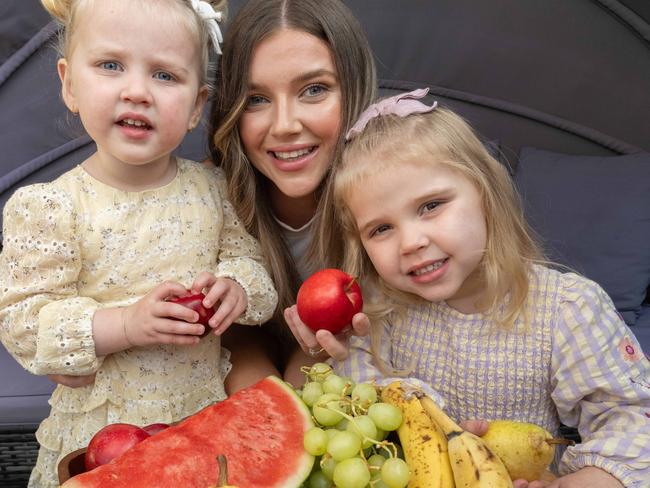
Melbourne mum Meg Marriott said she would support a ban on cartoon characters on unhealthy products.
She said her young daughters Meika, 4, and Maisie, 2, were drawn to them and it was difficult to say no in the supermarket.
“It is easier not to take them shopping,” she said.
Ms Marriott said she would also like to see an end to the sale of junk food at the registers to stop impulse buys when parents are juggling toddlers and a trolley.
“They make high profit on fresh fruit and vegetables so they could, if they were serious about helping Australians buy healthier food, make these as cheap as possible,” Prof Sacks said.
“Specials on junk foods could also be redirected to healthier foods and instead of sugary drinks being half price, they could make the healthier drinks half price.”
The team compiled their rating based on publicly-available information on nutrition-related policies and practices.
The authors said they invited the supermarkets to verify the data collected and provide further information. Woolworths, Coles and Aldi did. They said IGA did not.
Prof Sacks said the report was significant as Australians buy most of their food from supermarkets.
“Supermarket practices, including the types of products available, their prices, the way they are promoted and their in-store placement, shape what people choose to buy and eat,” he said.
More Coverage
Originally published as Supermarkets shape what Aussies eat, so do more: Deakin report



